Fort Lee, Va. (June 26, 2008) -- Twenty-eight or so Soldiers are fully employed around the wreckage of a downed helicopter.
In one area, a Soldier carefully uses a shovel to gently jab at the ground, removing dirt away from what could be buried personal belongings.
Fifteen or so other Soldiers are standing next to one another, passing down buckets of dirt from the same spot. At the end of the line, two Soldiers use a sifter to separate the earth from what isn't.
This could be a scene from various locales in Afghanistan, Iraq, or anywhere U.S. military personnel are put in harm's way.
But it's not.
It's a training setting that will help mortuary affairs Soldiers perform their missions if they were to find themselves in the midst of a search and recovery operation in the real world.
The Soldiers, from both the U.S. Army Reserve and National Guard, were training at Fort Lee - the home of military mortuary affairs - to earn the mortuary affairs military occupational specialty. Part of that training is learning how to locate and process remains.
"We start out with a land navigation exercise," said Master Sgt. Dennis Acevedo, USAR mortuary affairs instructor. "After that, they go into search and recovery, using all the techniques they've learned to complete the mission."
The mission for the mortuary affairs Soldier is to ultimately recover and process remains. That is whether they are advising commanders during such a mission or acting as a member of a mortuary affairs unit, said Acevedo.
"Today, their own units will do the search and recovery and will bring the remains to a collection point," he said.
At the recovery site, the Soldiers are working in teams, looking for items of evidence planted by the instructors. In the real world, such evidence would include the tiniest bone fragments to any personal belongings.
Each is carefully removed, documented and safely stored. The students are constantly drilled on being meticulous as they go about their duties.
"We don't worry about being in a hurry," said Acevedo. "We have to concentrate on making sure that we get everything."
The Soldiers must also focus on being conscientious. Treating remains with dignity and respect is to the mortuary affairs Soldier what caring for the sick is to doctors.
"We teach them that Soldiers are human beings, and they died for their country," said Staff Sgt. Jorge Benitez, a USAR mortuary affairs instructor. "That's the most important thing."
When the Soldiers complete their search and recovery operations, they will move on to another block of instruction, one that involves caring for the deceased at collection points.
At the course's conclusion, they would have gone through roughly 80 hours of classroom and 80 hours of hands-on instruction.
Sgt. David Bentley, a Reservist and former medic, said the instruction was more challenging than he initially presumed.
"The training has been very in depth and there's a lot that this job encompasses that Soldiers wouldn't imagine we do," he said.
Mortuary affairs personnel care for their fellow military members from the time they are found until they are released to Families.
Roughly half of the Soldiers in the class will be assigned to the only mortuary affairs units in the Army Reserve, the 311th and 246th Quartermaster companies located at Ramey U.S. Army Reserve Center in Aguadilla, Puerto Rico, and the newly-formed 673th Quartermaster Company, located at Dover Air Force Base, Del.
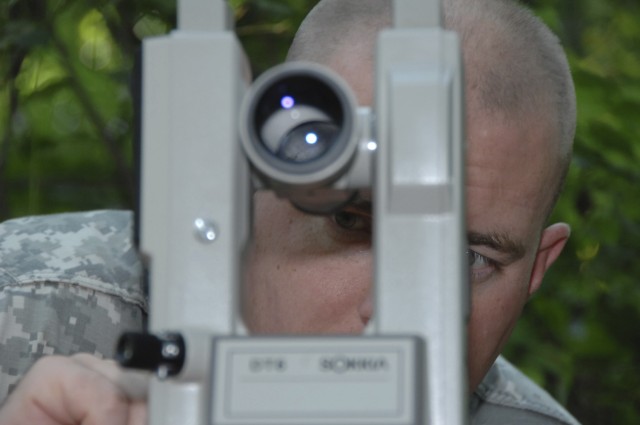
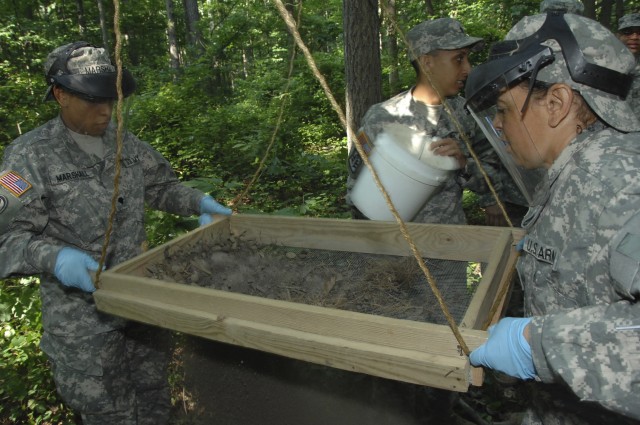
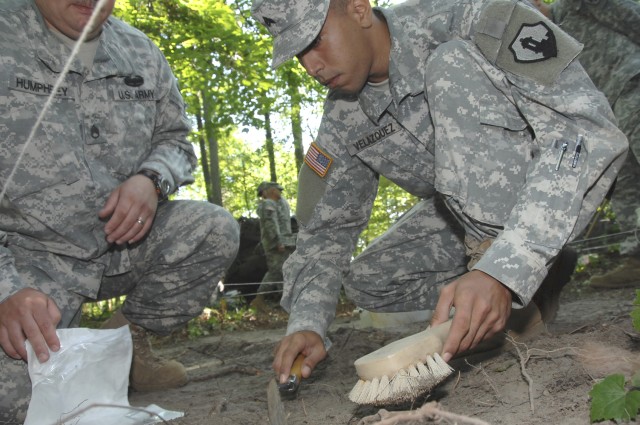
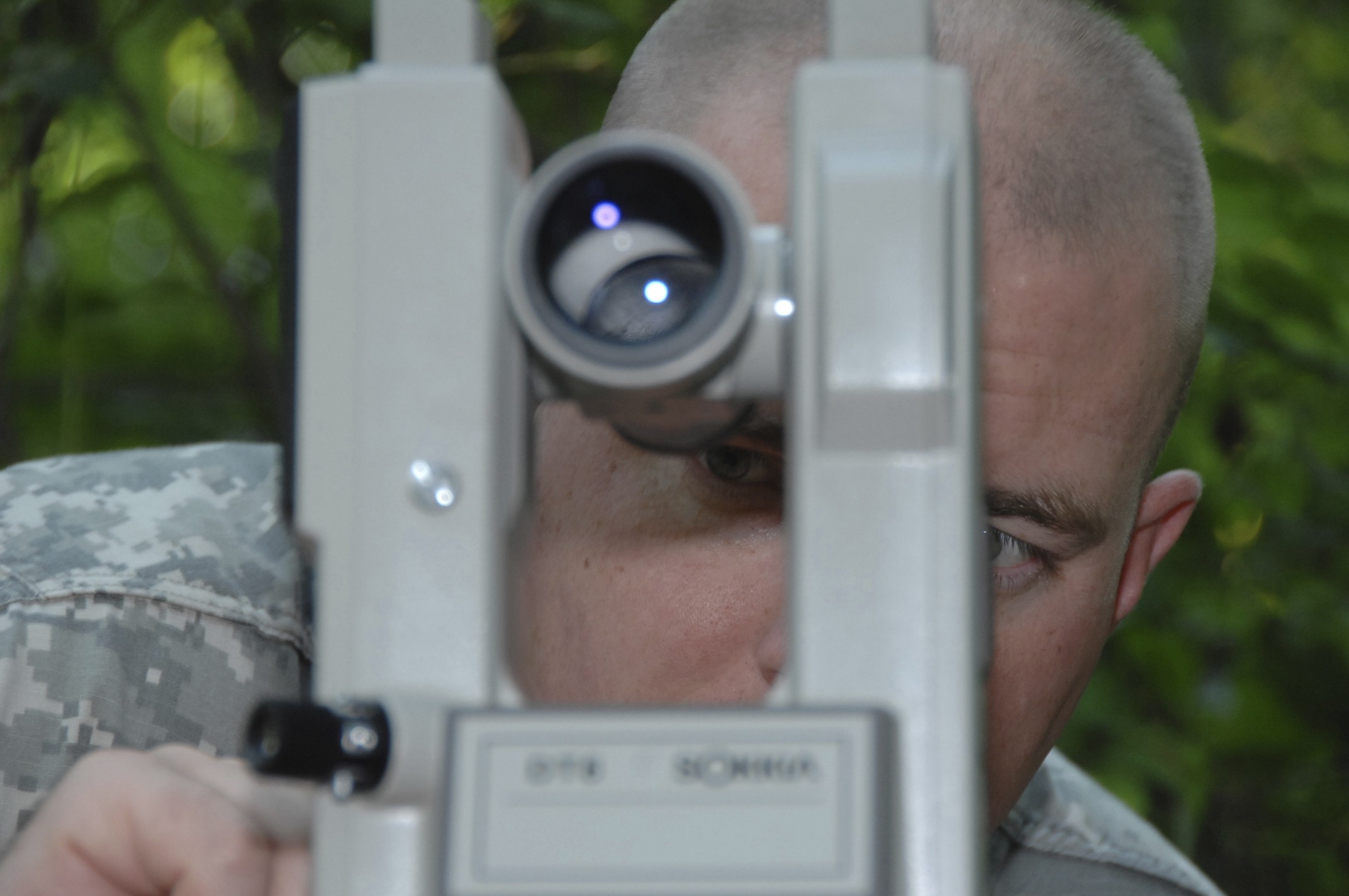
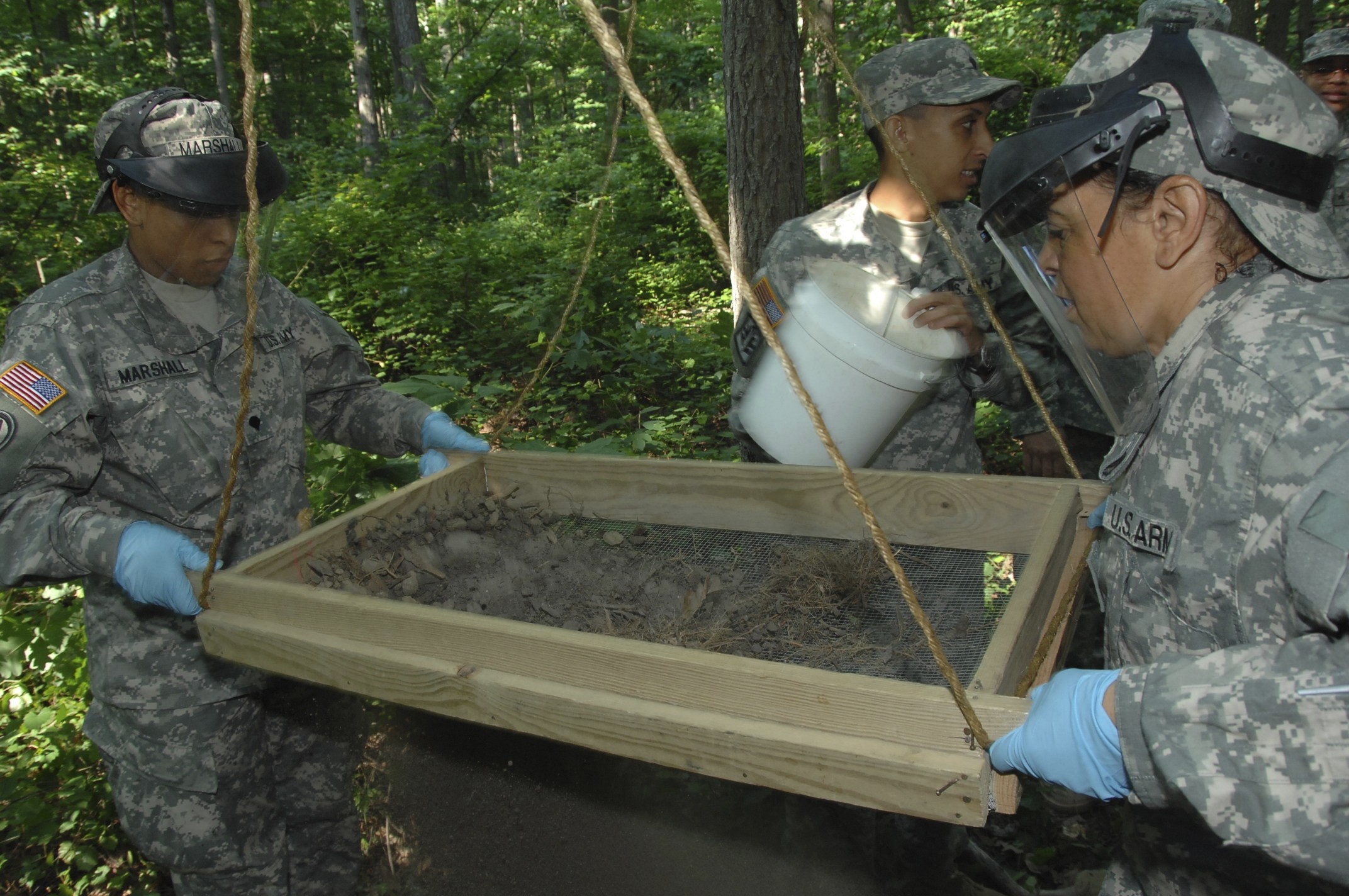
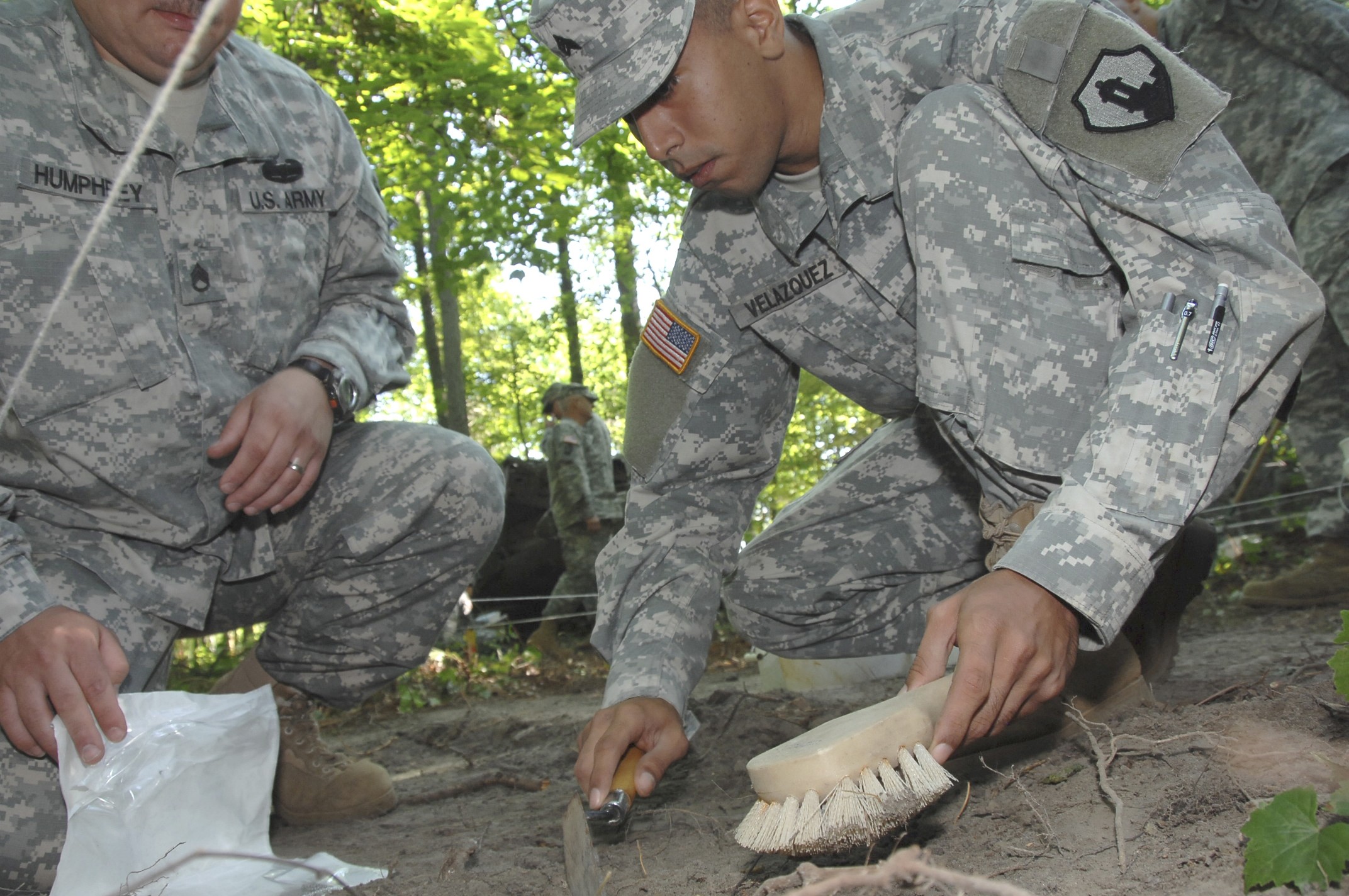
Social Sharing